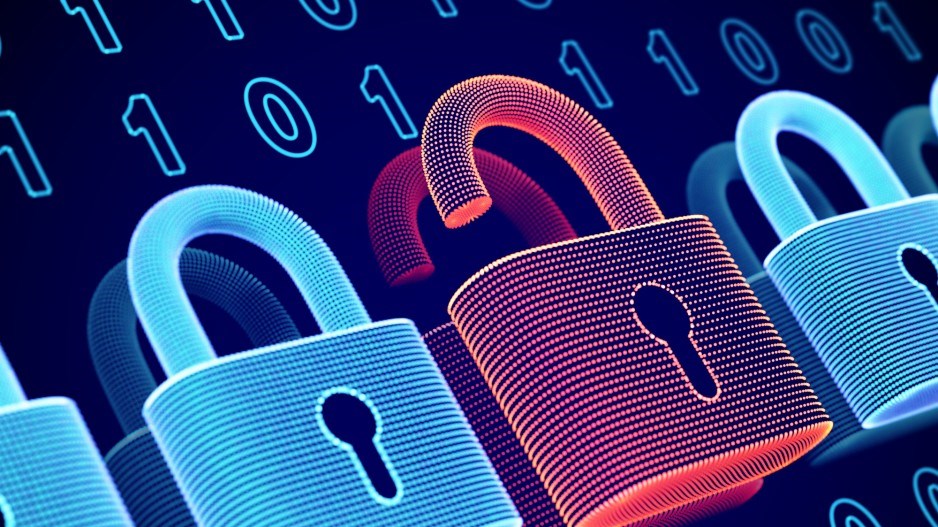The Better Business Bureau (BBB) has unveiled eight suggestions for consumers concerned that their credit or debit cards may have been compromised by a data breach.
- Stay calm. Consumers are not liable for fraudulent charges on stolen account numbers.
- Check with the website of the company that was breached for the latest information. Type the company name directly into your browser. Do NOT click on a link from an email or social media message.
- If a credit card has been compromised, you will likely hear from the bank or card issuer first. If you have questions, call the customer service number on your card.
- Consider putting a credit freeze or fraud alert on your credit reports with the three major credit reporting agencies. A credit freeze will prevent anyone from accessing your credit report or scores. This means you cannot apply for new credit without lifting the freeze. A fraud alert flags your account but does not automatically halt new credit being opened in your name.
- AnnualCreditReport.com is the only website authorized by the Federal Trade Commission to provide you with a free annual credit report. Be wary of ads, emails, and social media messages for other services. Everyone should check their credit reports annually, whether or not they have been the victim of a data breach.
- If your credit card(s) has been breached:
- Monitor your credit card statements carefully (go online; don’t wait for the paper statement).
- If you see a fraudulent charge, report it to your bank or credit card issuer immediately so the charge can be reversed and a new card issued.
- Keep receipts in case you need to prove which charges you authorized and which ones you did not.
- If your debit card has been breached:
- Do all of the above for credit cards, but pay very careful attention to your account. Debit cards do not have the same protections as credit cards, and debit transactions withdraw funds directly from your bank account.
- Contact your bank for more information or if you want to pre-emptively request a new debit card or put a security block on your account.
- Beware of scammers who may purport to be from the retailer, your bank, or your credit card issuer, telling you that your card was compromised and suggesting actions to “fix” the problem. Phishing emails may attempt to fool you into providing your credit card information or ask you to click on a link or open an attachment, which can download malware onto your computer.
For all businesses that collect customer information:
- Make sure you protect your customers’ data. Data breaches can happen to any business.
- Check out "Nine data privacy stats small businesses should know."



